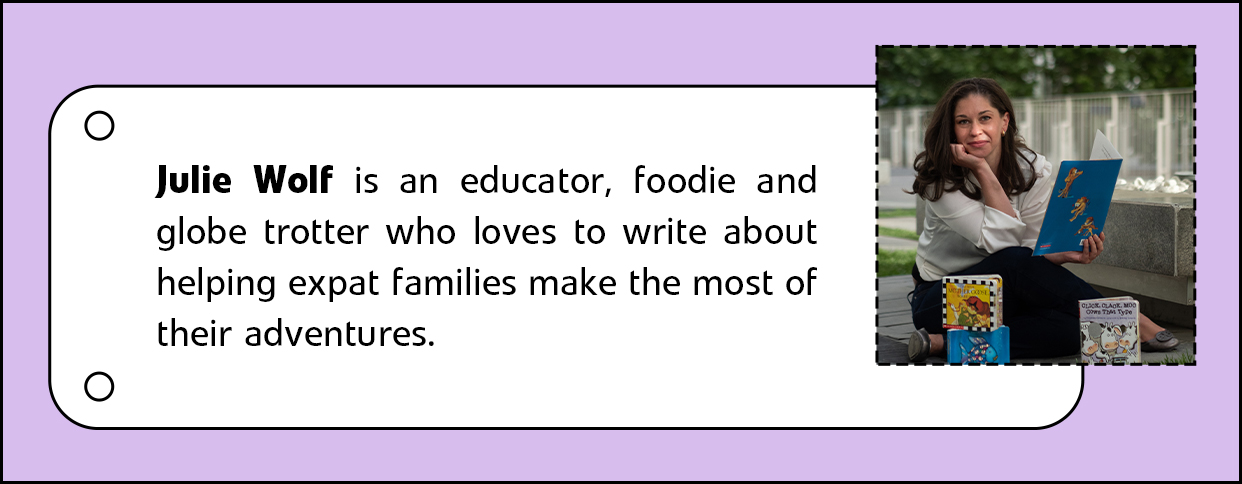There has been a ban on corporal punishment here in China since 1986 and recently the Ministry of Education has expanded that ban to include the use of any punishment that causes mental trauma, including humiliation tactics. Obviously, I am in favor of any measure that safeguards a child’s mental and physical well-being. But there are still some old-school teachers and parents who believe in the spare the rod and spoil the child methodology and plenty of adults I know consider discipline of any kind to be an outmoded and ineffective practice. Personally, I fall somewhere in between. I think it’s time to reopen the conversation on discipline. The following are all my personal opinions as an educator so please take them as such. Hopefully, they spark some conversations between you, your friends, your partner, and your child’s teacher.
What’s the point? The first question I think we need to ask ourselves is, what is the point of disciplining a child? If the idea is to break their spirit and mold them into mini versions of ourselves, then I am firmly opposed. But if the point of discipline is to inform and guide their behavior and eventually give them the skills to self-discipline as a healthy, contributing member of society then I’m all for it. So how do we do that?
Never discipline while angry: Any teacher who tells you they never lose their cool in class is either lying or it’s their first day on the job! Teaching is tough and kids can push your buttons. But if you try to manage your classroom while angry or are disciplining a child because they pissed you off then it’s really about you and your emotional state and not the child. Discipline can never be about power or punishment. To be effective it must be dispatched with kindness and love. So if your blood pressure is rising tag another adult in. Cool off and then come back and deal with the issue.
Consequences, not punishments: If the desired result is a child who can self-discipline then in my opinion the most effective classroom management tactics involve direct natural consequences to a child’s actions. For example: If a five-year-old hits their friend and I take away their snack there is no direct cause and effect. The two things are not related at all in the child’s mind, I’m just being mean and that is what they will focus on and remember. But, if the child hits their friend and I remove them from the room explaining “when we hit our friends they don’t want to play with us anymore” there is a direct link to the behavior the child exhibited and the reaction they got.
The same principle applies as they get older. If the effect of failing an exam because they didn’t study is that the teacher tells the class that there too stupid to succeed then all the child hears is that now they have an excuse for failing…”I’m just stupid”. But if the effect is You can’t be in the choir this semester because rehearsals are several hours a week and you obviously need more time to study, they might just start applying themselves, so they can get back to doing what they love. Every student and situation are different but focusing on the behavior and its effects instead of punishing the child have always yielded far better results in my classroom.
Positive reinforcement: Not all consequences are negative. So often as teachers we get focused on the things kids are doing wrong and end up ignoring where they are excelling. But if I have an out-of-control room the first thing I do is start loudly praising the students who are behaving well. “I love how Ziah is sitting in his chair and showing me, he is ready to learn. Samantha has her listening ears and watching eyes on and is ready to use that brilliant mind of hers!” 9 times out of 10 the other kids will redirect themselves if they see the positive attention their friends are getting.
That’s a little heavy-handed for high school but a genuine well-deserved compliment like “Samantha, I really enjoyed reading your paper. The idea you had about xyz was incredibly creative and well researched. Keep this up!” Is going to be much more effective and inspiring than pointing out the one missed comma.
Stop it before it starts: Children don’t mean to be disobedient or disruptive (most of the time.) The frontal lobe which controls decision-making and impulse control won’t develop until after puberty. They literally need more time than we do to consider what will happen in the moments after they take an action. So good teachers know that the best way to deal with disappointing behavior is to stop it before it starts. If you see a child about to snatch a toy away or throw food or inappropriately touch a classmate call a pause and ask them what they think will happen if they do that. For older children; If you play video games instead of doing your homework or post that negative WeChat comment what are the results?
Most kids will have an ah-ha moment. And enough ah-ha’s will equal a permanent change in their behavior.
It’s evolving: We are constantly learning more about human development and that guides us in the best practices for our kids. I’m sure that in a few years I will look back on this article and facepalm. I’ll be a better educator because the art and science of education will have evolved and hopefully I will have evolved too. But for the moment I’m not convinced that a lack of discipline in the classroom (or anywhere else for that matter) is better than full-on intimidation tactics and beatings to help children grow and develop. Discipline is not a dirty word, it just needs to be redefined and used effectively for each individual child and situation.
KEEP READING: Is It Ever OK To Discipline Someone Else’s Child?
Images: Unsplash





